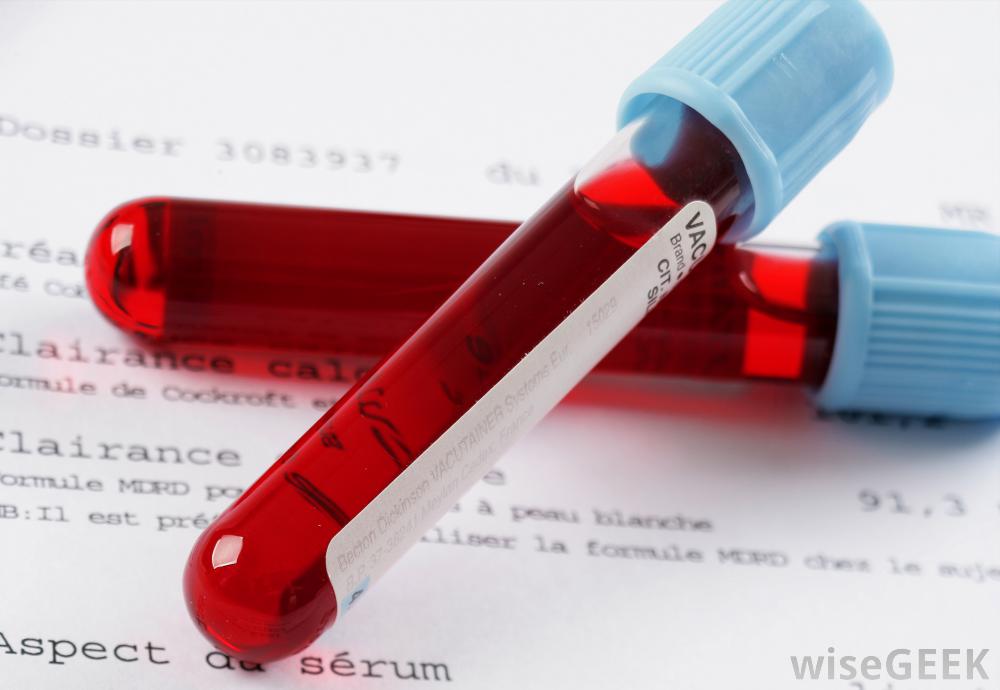Regular blood work can help you stay informed about your health. It can identify markers for diseases like cancer, thyroid function, and diabetes.
It can also detect certain hormones, proteins, and enzymes. This can help your doctor diagnose conditions and monitor treatments for them. Different blood tests may be needed depending on the disease you have.
Pexels.com
Regardless of your age, blood tests are important for your health. They can tell your doctor if you have an infection or if your blood levels are too low or high.
Blood tests can help you understand your health status and make decisions about your daily routine. You can even book a blood test online to avoid a long wait time. The benefits of having a blood test are too numerous to ignore.
In this article, we are going to discuss the benefits of regular blood checkups.
Benefits of Regular Blood Checkups
Regular blood work is essential for your health and well-being. Not only does it help you to prevent illnesses, but it can also point out vitamin and mineral deficiencies. Here are some benefits of regular blood checkups.
Detects Critical Illnesses
Regular blood work is a great way to check on the health of your organs and stay on top of potential health risks. Blood tests can tell your doctor a lot about your overall health, including whether you have signs of heart disease or diabetes. They can also reveal whether you’re at a higher risk of developing certain types of cancer. Your doctor can also use blood tests to check for signs of HIV in young people.
Makes Prevention Easier
Blood tests also make prevention easier. Blood metabolites are indicators of your health, and regular blood work can help identify early-stage diabetes and coronary artery disease. In addition, blood tests can identify vitamin and mineral deficiencies in the body. When you know which vitamins and minerals you lack, you can adjust your diet accordingly.
Reduces Potential Health Risks
Regular blood tests are an important part of maintaining your overall health. They can help detect diseases and other health risks early. Blood tests can also reveal your body’s levels of vital nutrients. These tests can also be used to monitor your body’s response to certain supplements or drugs. They can also be an inexpensive way to check your health. General health screening can help to reduce potential health risks.
Point Out Vitamin & Mineral Deficiency
Vitamin and mineral deficiencies can have serious consequences for a person’s health and are often difficult to detect without regular blood work. Blood tests measure the number of essential nutrients in the blood, including vitamin D, calcium, and vitamin B12. If these levels are low, the person should take a vitamin supplement.
Track the Unique Needs of Your Body
Regular blood work can keep track of your health and identify potential issues. As you get older, your body goes through many changes. It can become more susceptible to conditions such as diabetes and heart disease. Regular blood work can help you catch these problems earlier and make necessary adjustments.
Check Your Bodily Functions
In addition to monitoring your health, regular blood work can monitor the concentration of different biomarkers in your blood. These biomarkers can provide insight into how well your body is functioning and can help diagnose conditions such as early-stage diabetes, metabolic syndromes, and coronary artery disease.
Helps to Access Your Overall Health
An annual blood test can also help your primary care physician monitor your health. These tests provide an accurate picture of your body’s current health, and they can identify diseases before they develop. These tests are simple and fast to perform. An annual blood test offers an invaluable wealth of information about your health and can even help you avoid developing certain diseases.
What Happens During a Blood Test?
There are a few things you should expect during a blood test. You may feel some discomfort, but this is usually temporary and goes away on its own. You should drink lots of water, stay still, and arrange to have someone take you home.
During a blood test, a phlebotomist will clean the area on your arm with spirit before inserting needles. Once it is clean, they will look for a vein. After finding the vein, they will insert the needle in your arm and draw a small amount of blood. They will collect the blood in tubes and label it with your name and other details.
Once the blood is drawn, they will wipe off the area on your arm and put cotton to stop the blood. After that, they will put a small band-aid on the area and send your blood samples for testing.
You should also contact your physician if you experience any side effects or feel faint. The results of your blood test may not be available immediately, so it’s important to follow up with your doctor.
